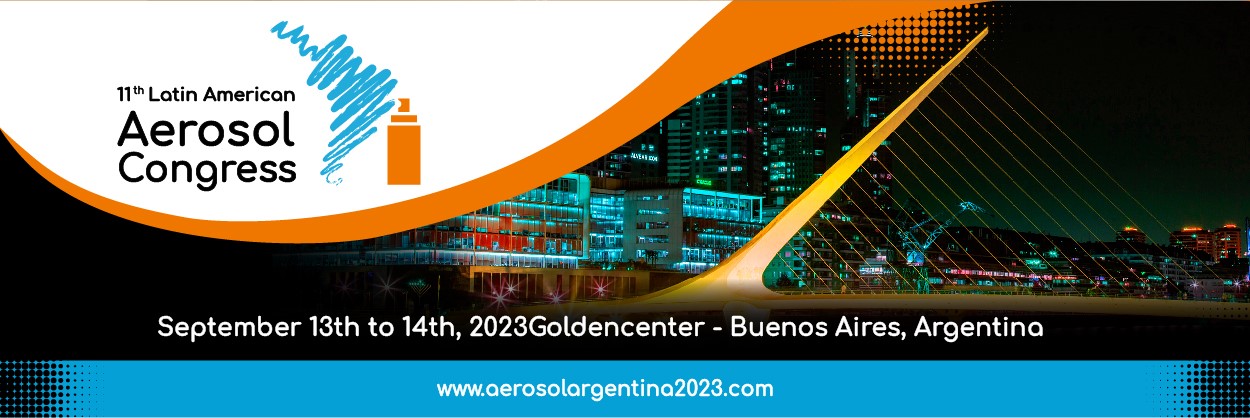APEAL welcomes EU Circular Economy Action Plan
The CEAP put forward presents measures to: make sustainable products the norm in the EU, ensuring they are designed to last longer, be easier to reuse, repair and recycle; empower consumers to help them make more sustainable choices; focus on sectors that use the most resources and where potential for circularity is high, such as packaging, plastics and textiles; and to ensure less waste by transforming it into high-quality secondary resources that benefit from a well-functioning market for secondary raw materials.
According to APEAL, to achieve the objectives of the European Green Deal, an ambitious CEAP is essential. The announcement marks an important step by the European Commission to draw a line under the linear economy, said APEAL, and establish clear priorities for the packaging sector.
“While we are pleased that CEAP 2.0 focuses on several key issues including design for recyclability and improving separate collection for high-quality recycling processes, we would have liked to see measures to speed up elimination of landfill of recyclable materials,” said APEAL secretary-general, Alexis Van Maercke.
“The EU sustainable products policy should promote packaging design that allows materials to be recycled over and over again while also allowing Life Cycle Assessments to factor in more environmental issues, such as marine litter and deforestation.
“As the Circular Economy Package stipulates, high-quality recycling creates real market demand for recycled material. A key factor in the drive to increase the total amount of recycled packaging is therefore to reduce the complexity of packaging, particularly multi-material formats that can contain up to seven different layers.”
In addition to CEAP 2.0, APEAL has also welcomed the European Commission’s goal to ‘harmonise’ the separate collection of packaging waste streams in the EU. Van Maercke added: “Separate collection is the best way of guaranteeing high-quality input into recycling operations. In the case of steel packaging, an input of steel scrap is a necessary component for making new steel at any one of the more than 500 steel plants in Europe.”
APEAL is also calling on the European Commission to support Member States that are at risk of not reaching EU recycling targets for 2020 and 2025. “Important efforts under the previous European Commission included the so-called Virtuous Missions,” said Van Maercke, “and we would welcome that this initiative be pursued.”
In a statement, executive vice-president for the European Green Deal, Frans Timmermans, said: “To achieve climate neutrality by 2050, to preserve our natural environment, and to strengthen our economic competitiveness, requires a fully-circular economy.
“Today, our economy is still mostly linear, with only 12% of secondary materials and resources being brought back into the economy. Many products break down too easily, cannot be reused, repaired or recycled, or are made for single use only. There is a huge potential to be exploited both for businesses and consumers.
“With today’s plan, we launch action to transform the way products are made and empower consumers to make sustainable choices for their own benefit and that of the environment.”











